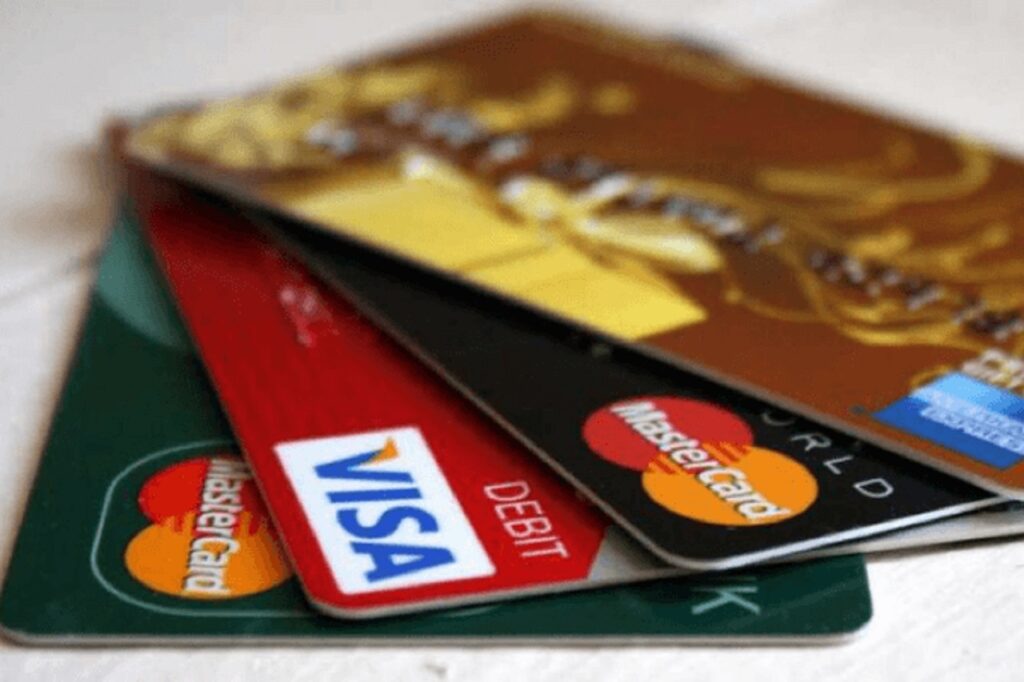From Adanna Nnamani, Abuja
The naira gained ground against the dollar on Monday, closing at N1,518/$ on the official market, a level it has not seen in the last four months.
The local currency’s rally signals a return of confidence to Nigeria’s foreign exchange market, coming after weeks of steady interventions by the Central Bank of Nigeria (CBN) and fresh interest from foreign investors.
Market watchers say the naira is now edging closer to breaking the N1,500/$ barrier, a psychological level that could further stabilise the market if crossed.
Part of the currency’s recent strength is linked to the CBN’s direct dollar sales, including a $50 million intervention last week, alongside a successful Open Market Operation (OMO) auction that attracted offshore investment.
This positive momentum has led Nigerian banks to restore dollar payments on naira debit cards, a service suspended for nearly three years due to past dollar shortages.
Banks such as UBA, FirstBank, GTBank, and Wema Bank have all announced that customers can once again use their naira cards for international transactions. Before now, cardholders needed dollar-funded domiciliary accounts to make purchases abroad.
The resumption of card-based foreign payments is seen as a sign of improved liquidity and market depth, boosting public confidence in Nigeria’s financial system.
Analysts say the change could help ease pressure on the parallel market by reducing demand for cash dollars.
Meanwhile, Nigeria’s oil sector has also provided some relief for the FX market. The country’s crude oil production rose to 1.547 million barrels per day in June, according to new figures from the Organisation of Petroleum Exporting Countries (OPEC). This is the highest level since January, representing a 3.58 per cent increase from May’s output of 1.453 million barrels per day.
Improved oil output means more dollar inflows from crude sales, adding to the factors supporting the naira’s rebound.
Globally, however, the U.S. dollar remains strong, following fresh inflation data that showed rising prices for imported goods like electronics, coffee, and home furnishings.
The surge in prices has reduced expectations of a U.S. interest rate cut this year, prompting investors to flock to the dollar.
The greenback’s rally sent the Japanese yen tumbling to 149 per dollar, its weakest level in four months. The euro and British pound also stayed near recent lows as traders reacted to shifts in the U.S. market.
Tensions are also brewing at the U.S. Federal Reserve. President Donald Trump has ramped up criticism of Fed Chair Jerome Powell, blaming him for rising costs and a controversial $2.5 billion renovation of the Fed’s Washington headquarters.
Speculation is mounting that Trump may push for Powell’s early exit, a move that could shake global financial markets if it happens.
For now, Nigeria’s financial outlook is cautiously optimistic as the naira continues its recovery, backed by stronger oil revenues, improved dollar supply, and renewed confidence in the banking sector.


